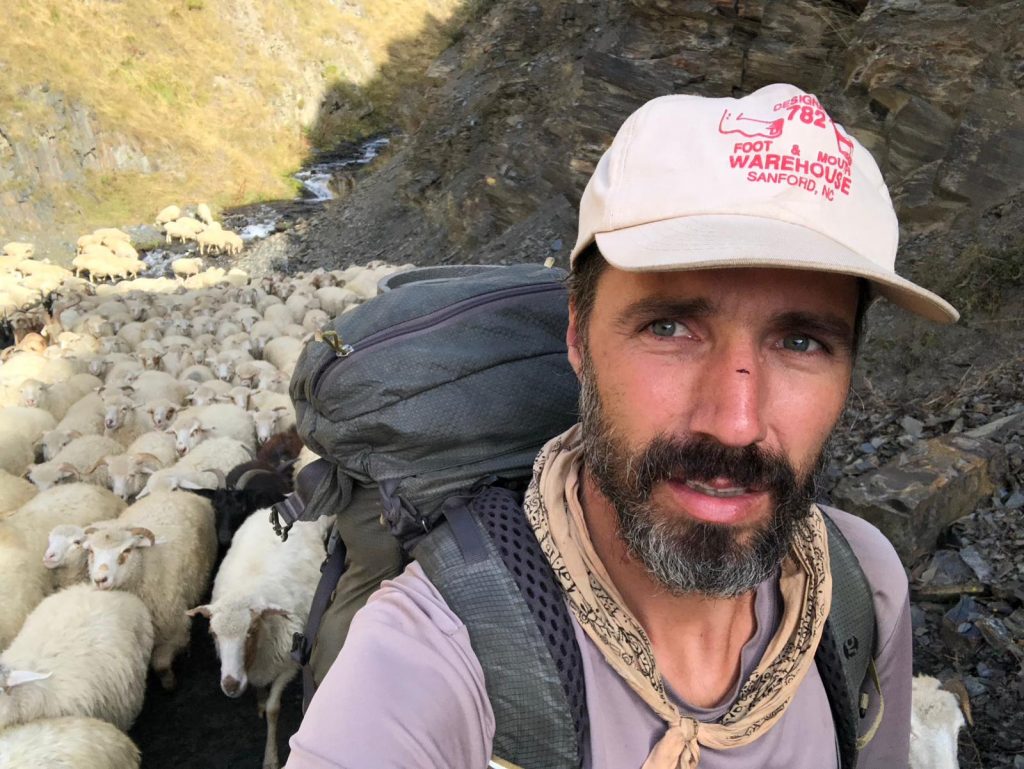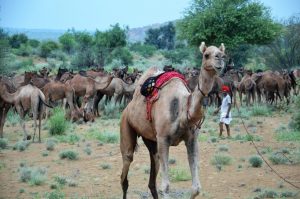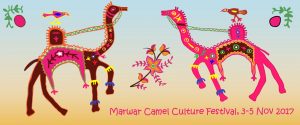LPPS director, Hanwant Singh Rathore, is co-author of an article entitled Biocultural community protocols: tools for securing the assets of livestock keepers published in Biodiversity and culture: exploring community protocols, rights and consent in Participatory Learning and Action. The article summarizes the existing experiences with developing Biocultural Community Protocols in India, Pakistan and Kenya.
LPPS is pleased to have received a grant from the Erbacher Stiftung in Germany to train women and artisans in making innovative products from camel raw materials. In Jaisalmer district we work with widows who have no other opportuity of earning income. There is a lot of excitement and buzz among them now, so wait for more news and photos!
The efforts to develop the Biocultural Community Protocol of the camel breeders in Jaisalmer already started in 2011. Now a draft version is ready – it informs about the local camel heritage that binds together several different castes, including Muslims, Raika, Rajputs, Bishnoi, Meghwal and others. The next step will be to get the draft version validated by the different communities. Hopefully, the BCP can be released later this year. More information about this BCP and the process it involved can be found here.
The Boti sheep is an indigenous sheep breed from the Godwar area in Rajasthan’s Pali district. It is small, hardy, disease resistant and has luscious carpet wool. But it grows slowly, so the Raika herders have crossed it with faster growing Bhaagli sheep which are more profitable in the current economic scenario where meat sells ata premium, while wool prices have dropped. With the support of the Food and Agriculture Organisation, LPPS is trying to recsue the few remaining pure Boti sheep and revive the breed. Read more here
 |
LPPS is co-organizing two meetings in Jaisalmer, Rajasthan, India, on 24 and 25 February 2010 to discuss the future of livestock keepers.
National Consultation for Saving the Camel, 24 FebruaryOrganized by Lokhit Pashu-Palak Sansthan and the Jaisalmer Camel Development Society. Government, private enterprise, NGOs, scientists, camel lovers and all who feel concerned are cordially invtied to discussions, brainstorming, camel competitions and camel product demonstrations. Biocultural Community Protocols for Livestock Keepers, 25 FebruaryBiocultural protocols are a new method of documenting livestock keepers’ contribution to maintaining breeds and conserving the environment. Organized by LIFE Network India, the Rain-fed Livestock Network, and Lokhit Pashu-Palak Sansthan, this meeting is an opportunity to share experiences with the development of biocultural protocols, identify the potential and pitfalls, and better understand their implications for local livestock keepers. |




